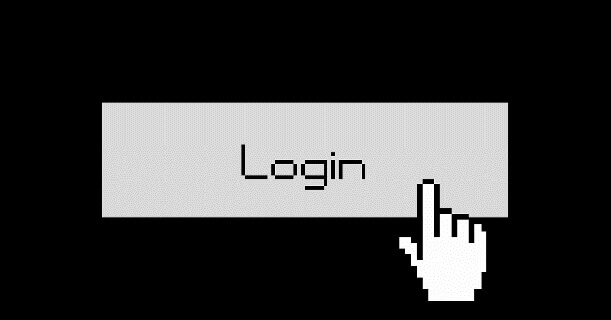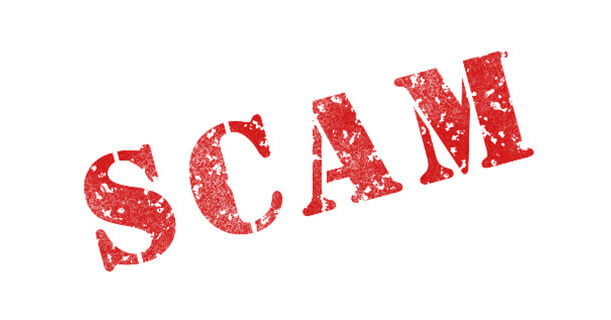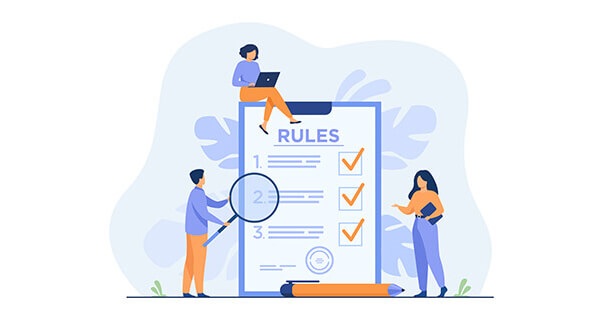We hope your year has been off to a great start! It’s all hands-on deck at the moment with our team busy working away on FBT, Tax Planning and shortly BAS’s. Not to mention the constant stream of tax returns. If you haven’t lodged your 2024 Tax Return yet we strongly recommend sending your information in sooner rather than later with the May deadline just over a month away! If you’ve recently submitted your information, please know that we are working as hard as we can to turn this around for you. If it’s taken us a little longer than usual to get back to you with queries, we do apologise but know that we appreciate your patience. We’ve had a much higher than normal influx of work since the start of the year.
Final Reminder for 2024 Tax Returns
For those clients who receive the Tax Agent Extension your final due date for lodgment is next month!
Time is now running out and we will not be able to guarantee that information received after 15 April will prepared, out for your review and lodged by the due date. We encourage you to send your information in ASAP. Returns not lodged by the due date will be at risk of late lodgment penalties.
April Office Closures & Staff Leave
Please be aware that our Beenleigh and Nerang Offices will be closed this month on the following dates:
Good Friday – 18 April
Easter Monday Public Holiday – 21 April
ANZAC Day – 25 April
Aaron Donnelly will be on leave from Monday 14 April and will return to the office on 22 April
Chris Hampson will be on leave from 22 April and will return 28 April
Jess Fallon will be on extended leave from midday 17 April and will return towards the end of the year
Want to win a $50 Fuel Voucher?
We’re excited to announce that we’ve kicked off our monthly fuel card draw again! 😊
Leave us a Google Review and we’ll pop you into our monthly draw to win a fuel card valued at $50.00! Draws will happen at the end of every month with our next draw coming up on 30 April.
Leave a review for our Nerang office here
Or Beenleigh here
You’ve gotta be in it to win it 😉
Messages from the ATO
Updates to the login process for online services
Part of the ATO’s commitment to delivering an efficient, stronger and more secure experience
Read more
Check before you act: ATO impersonation scams
Following a few simple steps can help protect you and your business from scams
Read more
Master your employer obligations in 2025
Start the year on the right foot and be ready for these key dates
Read more
ATO Clearance Certificate
New Requirement for Australian Property Sellers
Effective 01 January 2025 the ATO now requires a Clearance Certificate when an Australian property is sold. This new requirement has been introduced due to foreign resident capital gains withholding (FRCGW) laws, ensuring that foreign sellers meet their CGT obligations before the property sale proceeds are transferred (essentially preventing tax avoidance) and ensures Australian tax residents are exempt from this withholding requirement.
Obtaining a withholding certificate is pretty easy to do and is able to be completed online, but you just need to be aware of these three things:
- Each owner on the title must apply individually
- Certificate must be provided to the buyer before settlement
- Applies to all property sales, no matter the value
The consequences of not providing a clearance certificate prior to settlement results in 15% of the sale price being withheld by the purchaser at settlement.
The application should be completed and submitted to the Tax Office as soon as practical to avoid the need to extend settlement dates. Be wary that the application can take up to 28 days for the ATO to process but you can lodge an application any time (even before a contract for sale is entered into) and the certificate is valid for 12 months from the date of issue.
If you’re considering selling your property soon this will be something to add to your to-do list.
You can apply for a clearance certificate here
Can you go to jail for not paying tax in Australia?
Absolutely you can! In 2023-24 there was an increase in ATO-led prosecution outcomes with 226 successful court cases and $2.86 million worth of fines dished out. This increase in prosecution is off the back end of a continuing upward trend to pre-pandemic levels. It seems the ATO are done playing Mr Nice Guy after their leniency during the pandemic.
These recent investigations have led to 4 individuals being held accountable for collectively obtaining over $5.6million through fraudulent GST Refunds, false tax refunds and deceptive behavior. These individuals are serving a combined 23 years in prison as a result.
Tax evasion or tax fraud is considered a very serious criminal offence in Australia. It occurs when a person or group of people purposely withhold information or provide false or misleading information to the ATO in order to avoid paying tax or to pay the right amount of tax.
We highlight the importance of remembering that tax planning is quite different from tax evasion. Tax planning is a legitimate way of reducing the amount of tax you pay by claiming legitimate deductions that you or your business are entitled to which your taxable income can be reduced as opposed to tax evasion.
Tax evasion comes with harsh consequences for you and your business. Tax fraud is prohibited by both Federal Government and State and Territory Governments and each have their own Tax Administration Act for which you can be charged with tax fraud which can carry a maximum penalty of 10 years imprisonment under the Criminal Code.
Pleading ignorance of the law is not a proper defence, neither is failing to get appropriate legal advice. In Australia you are required to obtain legal advice on your tax affairs, understand your legal obligations under the law and meet all your tax obligations by the required deadline.
With that being said, why risk it? Make sure you know your tax obligations and requirements, and if you think you need tax advice or help with your accounts, please don’t hesitate to call our office an make an appointment. One of our accountants will be happy to discuss all your concerns.
Tax Planning & Why It’s Important
Now is a great time to take a look at the year that’s been and plan for not only potential issues at Tax time but for the financial year ahead. The aim of Tax Planning is to ensure measures are in place so that you understand your current tax position, the expected outcome of your upcoming Tax Return (so no nasty surprises) and so that you can make informed decisions for your business and financial affairs moving into the 2026 Financial year.
Knowing what your expected outcome ahead of tax time allows you to put measures in place to potentially (and legally!) minimise any tax liability in the short term. Long term, you can also look at trends and projections to implement strategies that aid in business growth.
Some of the benefits of tax planning include:
- Reduces Tax Liability
By taking advantages of deductions, credits and exemptions, tax planning helps lower the amount of tax owed. - Ensures Compliance
Proper Tax Planning ensures that you follow legal tax regulations and avoid penalties or audits. - Maximises Savings
Strategic Tax Planning allows individuals and businesses to keep more of their earnings by optimising taxable income and investments - Improves Cash Flow
By planning for tax payments in advance, you can better manage your finances and avoid unexpected tax burdens - Supports Investment Growth
Smart tax planning helps in structuring investments to reduce taxable income and maximise returns. - Helps in Retirement Planning
Tax efficient retirement plans can reduce taxable income now while securing future financial stability. - Aids in Business Growth
Businesses can reinvest tax savings into operations, expansion, or employee benefits, fostering growth.
Tax Planning can be as basic as a one-off strategic deduction or as complex as an evolving strategy that needs to be measured and re-assessed on a regular basis. Every individual and business is different with their own unique needs and goals so there is no cookie-cutter plan for everyone. If Tax Planning is something you might be interested in, whether it be to meet your short, or long-term goals please don’t hesitate to give us a call for a chat.
Talk To You Soon!
That’s it from us this month!
If you have any questions at all, please don’t hesitate to reach out





